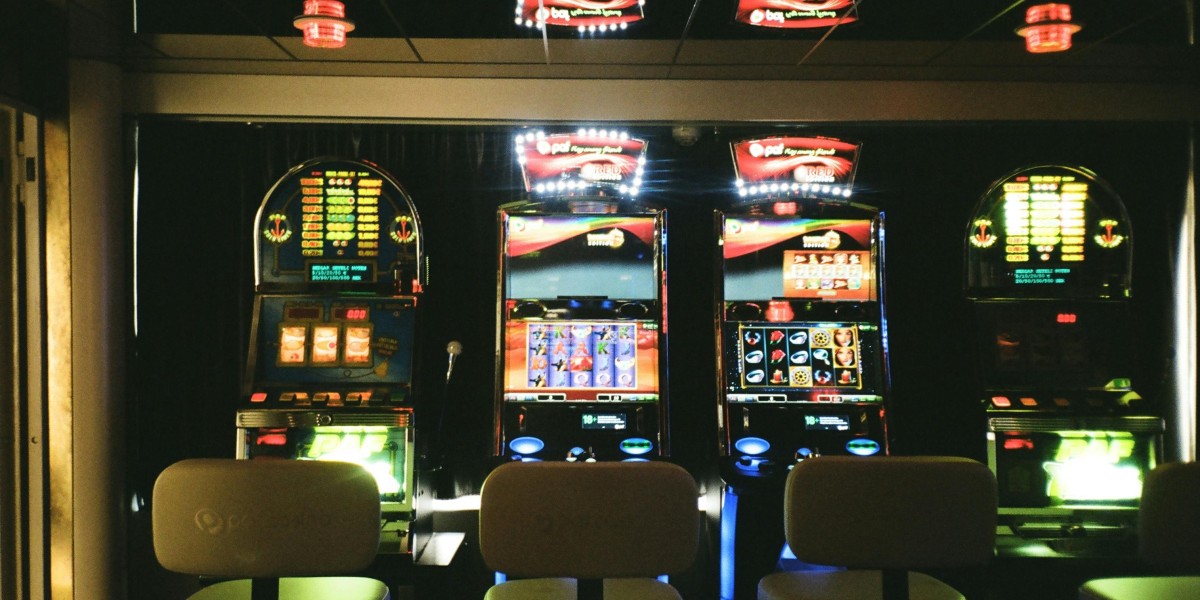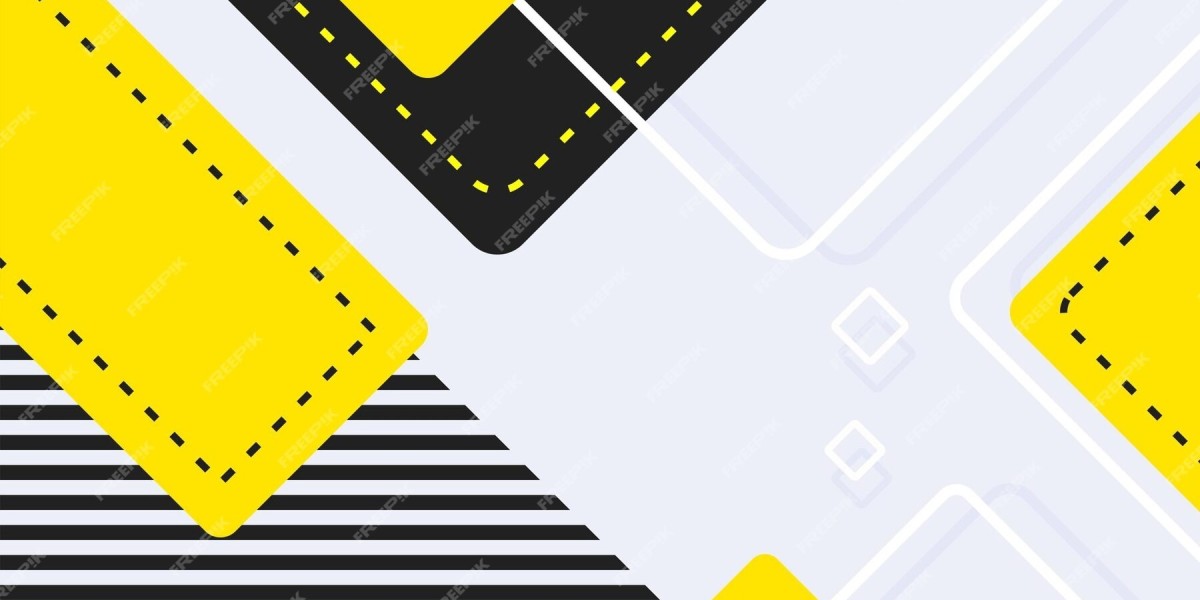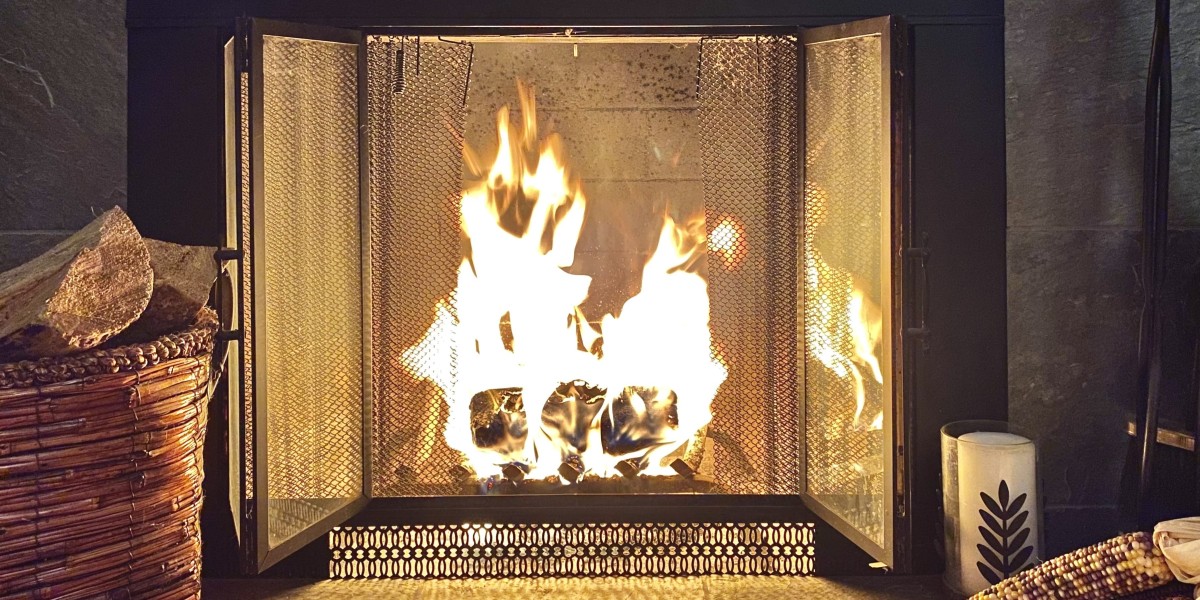The digital transformation is reshaping the way people experience entertainment across Europe. In recent years, technology has introduced new opportunities for leisure, redefining traditional activities and bringing them into the modern world. This change isn't just about how we play games but also how we interact with one another, explore culture, and stay connected.
One of the most notable developments in this digital era is the rise of mobile applications that enhance how people engage with their favorite activities. The convenience of accessing entertainment from anywhere has made it easier than ever to participate in various experiences, from exploring virtual museums to enjoying interactive live performances.
A prime example of this shift is the energycasino app, which provides users with the ability to access a vast range of interactive content directly from their smartphones. This app, designed with user experience in mind, reflects the growing trend of personalized entertainment that allows individuals to enjoy leisure on their terms, whether it's in the comfort of their home or while traveling across the continent.
Technology's impact on European leisure isn't limited to mobile apps. Virtual reality (VR) is another key player, allowing users to immerse themselves in a digital world that blurs the lines between the physical and virtual. In countries like the UK, Germany, and France, VR experiences are being integrated into everything from educational programs to virtual travel. These VR innovations not only provide fun and engaging activities but also serve as tools for learning, creating an environment where individuals can explore historical landmarks, scenic vistas, or artistic masterpieces without leaving their homes.
This technology-driven approach to leisure is making cultural and educational experiences more accessible to a global audience. For example, virtual museum tours have become a popular way for people to explore Europe's rich history and art scene. Museums in cities such as Paris, Rome, and Amsterdam now offer virtual exhibits, where visitors can explore their collections online. These online tours allow individuals from across the world to enjoy art and culture, offering the same enriching experiences as in-person visits.
Moreover, social connectivity has also been enhanced with the proliferation of digital platforms. Online communities now offer new ways to engage with like-minded individuals, fostering connections that transcend geographical boundaries. Whether it's through online book clubs, fitness challenges, or hobbyist groups, these platforms create spaces for people to share common interests and passions, turning what was once a solitary activity into a social event. For example, social media and streaming platforms allow individuals to connect with others, attend virtual events, and even participate in live broadcasts of music festivals or theater performances.
The ease of access to entertainment through mobile apps has also affected the travel industry, allowing for greater flexibility and more seamless booking experiences. Apps like these allow travelers to easily access personalized recommendations for local attractions, accommodations, and activities, all tailored to their specific interests. Whether you're in Barcelona, Lisbon, or Vienna, these digital tools provide all the necessary information to ensure that you make the most of your time exploring these beautiful cities.
As technology continues to advance, it's clear that European leisure is shifting toward a more interactive, flexible, and personalized experience. The integration of mobile apps, virtual reality, and digital platforms into everyday life is giving people unprecedented opportunities to engage with entertainment, culture, and each other. Whether it’s through apps like the energycasino app, online museum tours, or virtual events, the future of leisure in Europe is digital, immersive, and accessible, providing endless possibilities for people to discover new ways to enjoy their free time.
The digital revolution has made leisure more engaging and flexible, changing how people across Europe and beyond experience their favorite activities. From interactive apps and virtual reality experiences to online communities and travel tools, technology is opening up new avenues for enjoyment and connection, making leisure more accessible and exciting than ever before.








